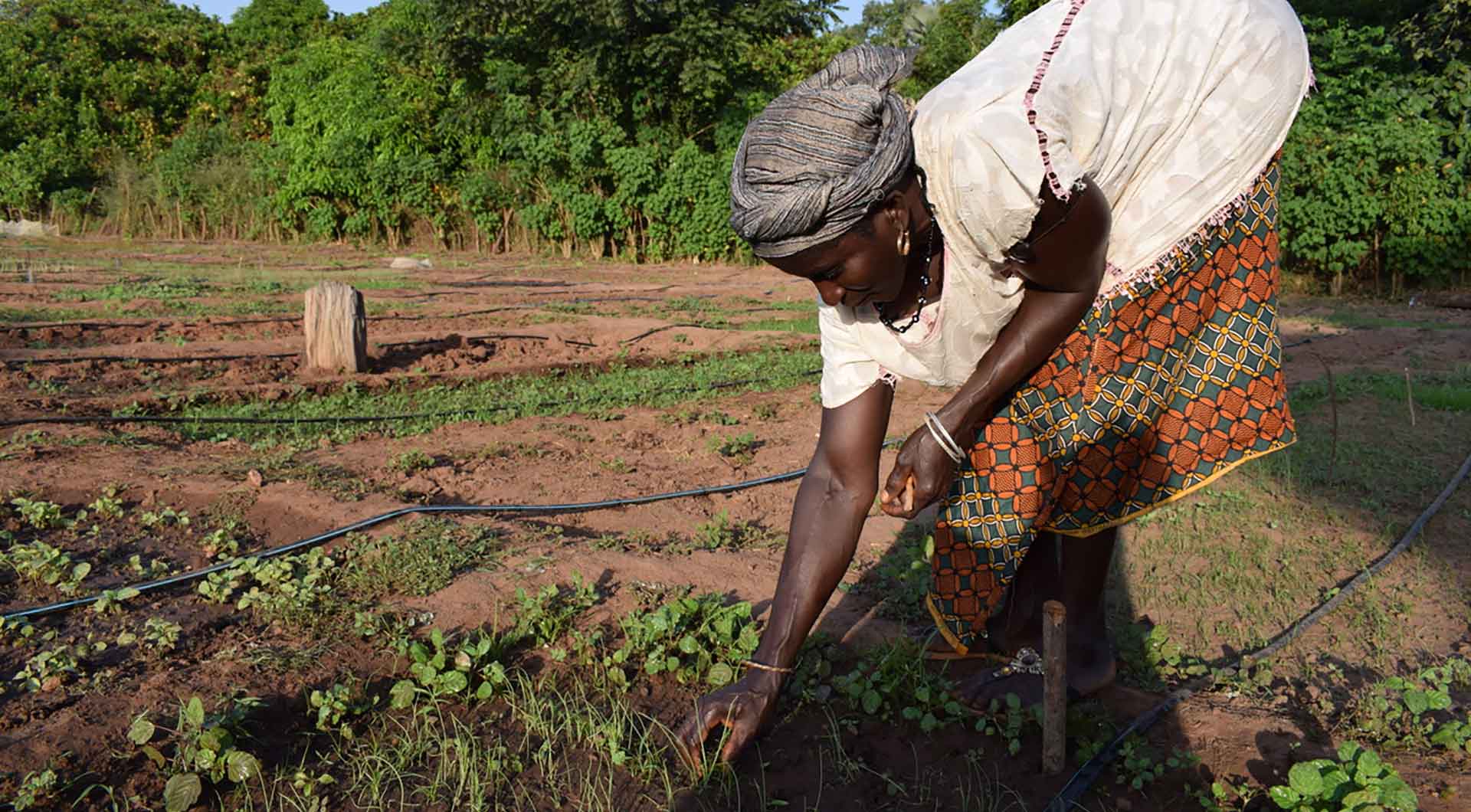
As we commemorate World Malaria Day on 25 April, malaria remains endemic. It is one of the top killers of children under five, regardless of progress over the past two decades to eradicate the disease.

The World Health Organisation states that “Today, malaria claims an estimated one life every minute, with most deaths occurring in the WHO African Region.”
Malaria has a far wider negative impact that goes beyond the health sector; it weakens economies and destroys communities. The opportunity to save millions of lives is at risk due to the relationship between climate change and malaria transmission, as well as the parasite's growing resistance to insecticides and drugs that continue to disrupt malaria control efforts.

Eliminating malaria requires the active engagement of communities in collective malaria control actions. When communities are informed, engaged, and active, they can transform the fight against malaria.
Continued progress in malaria control can only be accelerated through long-term, sustainable funding, enhancing universal access to malaria resources such as new vaccines, improved mosquito nets, and antimalarial treatments in communities affected by malaria to preserve the progress made over the past two decades.
As Humana People to People, we have always stood with the people in the fight against malaria. We live and work in six of the 11 African countries that are burdened with malaria. Our health programmes begin with people, not with disease.

One of our members, ADPP Mozambique, is working to achieve sustainable malaria control in Nampula and Nissa Provinces in Mozambique.
ADPP Mozambique has been carrying out the Accelerating and Strengthening the Quality of Malaria Control Interventions in Mozambique Project for the past seven years. The project carries out educational campaigns in the communities to empower families with knowledge and understanding about malaria risks, to adopt preventive measures, and to seek prompt treatment, influencing positive behaviour change in communities towards eliminating malaria. The project reaches out to primary schools and the wider communities through 20 community radio stations, conducting over 10,000 sessions annually on malaria prevention messages.

Project Leaders live and work in the community to sustain malaria prevention efforts by directly delivering health services such as malaria testing, treatment, and health education to people's doorsteps. In 2024, the project positively impacted the lives of over 800,000 people, worked with 18,900 dedicated teachers and 6,000 passionate volunteers, and collaborated with the government and Civil Society Organisations.
We recognise the global efforts to eradicate malaria by 2050. To achieve this, it requires sufficient political will, renewing commitments, maximising the already existing tools, and upscaling investments in malaria control programmes. As Humana People to People, we continue to engage communities, local authorities, and partners to achieve a world free from the burden of malaria.


